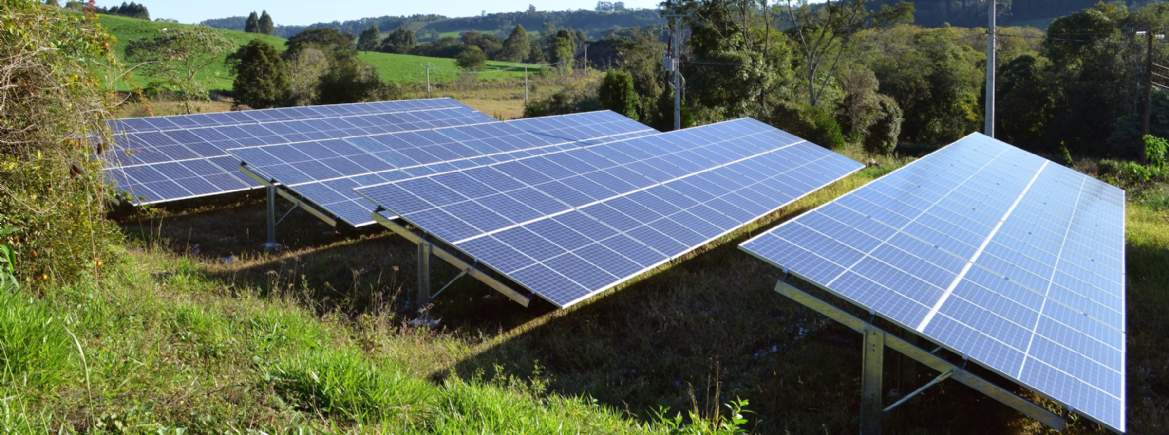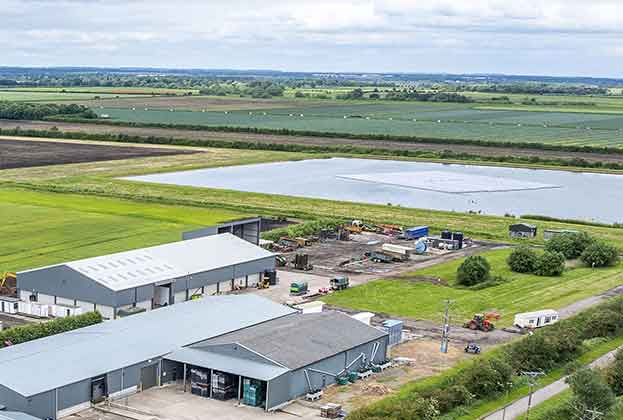Following last week's announcement (8 September 2022) by the UK Government on the energy price cap only goes so far. The long-term more sustainable solutions lie in improved efficiencies of buildings and sourcing energy from renewable sources such as solar to lower bills, reduce emissions, and improve our energy security.
With rising energy costs and prices forecast to hike even further in October, now more than ever there’s an urgent need for the UK and Scottish Governments to take action to lower bills, reduce emissions, and improve our energy security.
Energy efficiency and retrofit measures are important – but a major role for solar is yet to be adopted by the Scottish Government. Both cut costs for households and can be implemented within tight timescales.
Solar energy is the quickest and cheapest type of energy generation to build. It’s versatile, so can be fitted on homes and businesses, on vacant land, and alongside wind farms.
Solar and agriculture work hand in hand. Solar reduces cost for farmers on their own energy use, and allows them to diversify their income where they rent land to solar farm operators. This helps them to maintain a viable business and keep food costs down, but also addresses climate change, the biggest threat to UK food security.
There’s a lot of room for innovation as well: European farmers are beginning to explore the potential of agri-solar and, if our solar industry is allowed to grow and thrive, agri-solar could be part of the solution.
A reasonable target for the Scottish Government to set would be to see 4-6GW of solar power installed across Scotland by 2030, in line with the existing targets for onshore and offshore wind. Homes and businesses are seeing the benefits of solar power, but setting a target would see Scotland get its fair share, at around the same level as other countries on the same latitude, such as Denmark.
In Scotland business rates for solar remain high, and only the tiniest solar roofs are given a smooth route through planning.
The UK Government has exempted solar energy from business rates for 12 years to ensure businesses don’t pay substantial upfront tax bills in the effort to decarbonise. Westminster has also exempted all commercial rooftop solar projects up to 1MW from most planning restrictions, and has seen an explosion of growth in the sector as a result.
Scottish businesses, which are not protected by even a limited price cap and are facing what could be a 500 per cent increase in energy bills, could be actively lowering their bills and rapidly decarbonising right now if the Scottish Government were to match Westminster’s more progressive policies in these areas, setting a target and lifting tax and planning barriers.
Solar energy is just one strand of the fight to avoid climate disaster, but it is a golden thread which should be connecting the Scottish Government’s policies on climate mitigation, fuel poverty, energy security and nature restoration.
These are not crises that can be put off any longer; society and nature alike are suffering and change is urgently required. It is time for Scotland to lead on solar power.

.jpg)







.jpg)
.jpg)